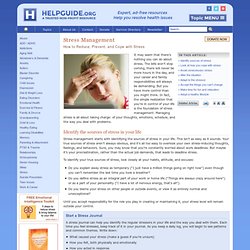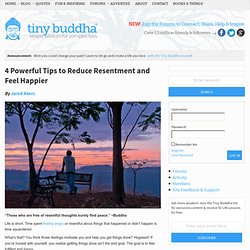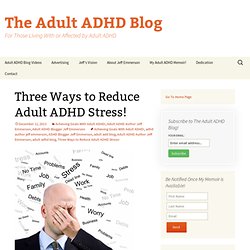

How to Prevent Stress from Shrinking Your Brain.
Understanding Stress: Symptoms, Signs, Causes, and Effects. What is stress?

The Body’s Stress Response When you perceive a threat, your nervous system responds by releasing a flood of stress hormones, including adrenaline and cortisol. These hormones rouse the body for emergency action. Your heart pounds faster, muscles tighten, blood pressure rises, breath quickens, and your senses become sharper. These physical changes increase your strength and stamina, speed your reaction time, and enhance your focus—preparing you to either fight or flee from the danger at hand. Stress is a normal physical response to events that make you feel threatened or upset your balance in some way. The stress response is the body’s way of protecting you. The stress response also helps you rise to meet challenges. But beyond a certain point, stress stops being helpful and starts causing major damage to your health, your mood, your productivity, your relationships, and your quality of life.
How to Reduce, Prevent, and Cope with Stress. Identify the sources of stress in your life Stress management starts with identifying the sources of stress in your life.

This isn’t as easy as it sounds. Your true sources of stress aren’t always obvious, and it’s all too easy to overlook your own stress-inducing thoughts, feelings, and behaviors. Sure, you may know that you’re constantly worried about work deadlines. But maybe it’s your procrastination, rather than the actual job demands, that leads to deadline stress.
To identify your true sources of stress, look closely at your habits, attitude, and excuses: Do you explain away stress as temporary (“I just have a million things going on right now”) even though you can’t remember the last time you took a breather? Until you accept responsibility for the role you play in creating or maintaining it, your stress level will remain outside your control. Start a Stress Journal A stress journal can help you identify the regular stressors in your life and the way you deal with them. 4 Powerful Tips to Reduce Resentment and Feel Happier. “Those who are free of resentful thoughts surely find peace.”

~Buddha Life is short. Time spent feeling angry or resentful about things that happened or didn’t happen is time squandered. What’s that? You think those feelings motivate you and help you get things done? Accomplishments fueled by resentment and anger seldom contribute to serenity and fulfillment. Resentment is like a cancer that eats away at time—time which could have been filled with love and joy. Here are four powerful tips to reduce resentments and live a happier life. 1. You’re probably thinking, “You can’t be serious.” What’s the opposite of anger, hate, or fear? Whether or not you believe in prayer, you can still set aside time during the day to think loving thoughts about someone you resent, wishing them good fortune and blessings.
At first it will most likely feel awkward and meaningless, not to mention difficult. A good rule of thumb for this exercise is trying it every day for at least for fourteen days. 2. 3. Three Ways to Reduce Adult ADHD Stress! These are keys to relief from Adult ADHD symptoms!

– Jeff Emmerson By Jeff Emmerson I’m happy to share three keys to a calmer life with Adult ADHD that have worked incredibly well for me! Let’s get right to these tools: Learn to Let Go and Live in the Moment! This single tool literally changed my life recently! Start Every Day With a Sense of Gratitude! A powerful reminder, regardless of what is happening in your life! When we start each and every day in a good, grateful mindset regardless of what is happening in our lives, we approach everything and everyone with a better, gentler attitude. Pay Attention to Your Breathing Every Day!
Talk about an instantly calming tool that literally changes us any moment of the day! These tools have literally changed my life. **Please help me spread the word about this blog! Like this: Like Loading...